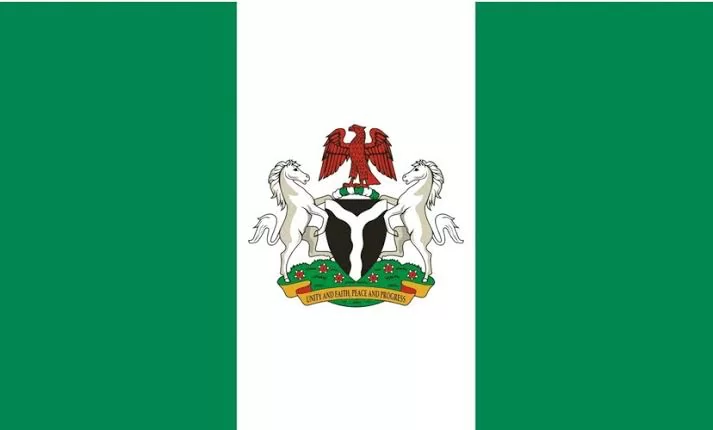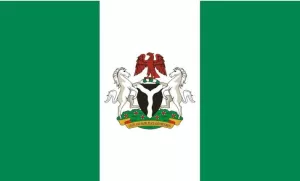NIGERIA RANKS 145 ON GLOBAL CORRUPTION INDEX, SHOWS SLIGHT IMPROVEMENT

Nigeria has ranked 145 out of 180 countries on Transparency International’s 2023 Corruption Perceptions Index (CPI), scoring 25 out of 100 points. This represents a slight improvement from its 2022 ranking of 150.
The Corruption Perceptions Index assesses the level of corruption in a country’s public sector, with a focus on bribery, embezzlement, and other forms of corruption. The index is based on surveys and assessments from various sources, including the World Bank, the World Economic Forum, and the African Development Bank.
NIGERIA’S RANKING IN CONTEXT
Nigeria’s ranking on the CPI is still relatively low, indicating a high level of perceived corruption in the country’s public sector. However, the slight improvement in ranking suggests that some progress is being made in addressing corruption.
Here’s a breakdown of Nigeria’s ranking in context:
- Regional ranking: Nigeria is ranked among the lowest in Sub-Saharan Africa, with a regional average score of 33 out of 100.
- Global ranking: Nigeria ranks 145 out of 180 countries, with Denmark, Finland, and New Zealand topping the list as the least corrupt countries.
- Score: Nigeria scored 25 out of 100 points, indicating a high level of perceived corruption in the country’s public sector.
CAUSES OF CORRUPTION IN NIGERIA
Corruption remains a significant challenge in Nigeria, with various factors contributing to its persistence. Some of the causes of corruption in Nigeria include:
- Weak institutions: Nigeria’s institutions, including the judiciary and law enforcement agencies, are often weak and ineffective in combating corruption.
- Lack of transparency: Corruption thrives in environments where there is a lack of transparency and accountability.
- Poverty and inequality: Poverty and inequality can drive individuals to engage in corrupt practices as a means of survival.
EFFORTS TO COMBAT CORRUPTION
The Nigerian government has taken various steps to combat corruption, including:
- Establishment of anti-corruption agencies: Nigeria has established several anti-corruption agencies, including the Economic and Financial Crimes Commission (EFCC) and the Independent Corrupt Practices and Other Related Offences Commission (ICPC).
- Passage of anti-corruption laws: Nigeria has passed several laws aimed at combating corruption, including the Corrupt Practices and Other Related Offences Act.
- Implementation of transparency and accountability measures: The Nigerian government has implemented various transparency and accountability measures, including the Treasury Single Account (TSA) and the Government Integrated Financial Management Information System (GIFMIS).
CONCLUSION
Nigeria’s ranking on the Corruption Perceptions Index highlights the need for continued efforts to combat corruption. While some progress has been made, much work remains to be done to address the root causes of corruption and ensure that Nigeria’s institutions are strong and effective in promoting transparency and accountability.







